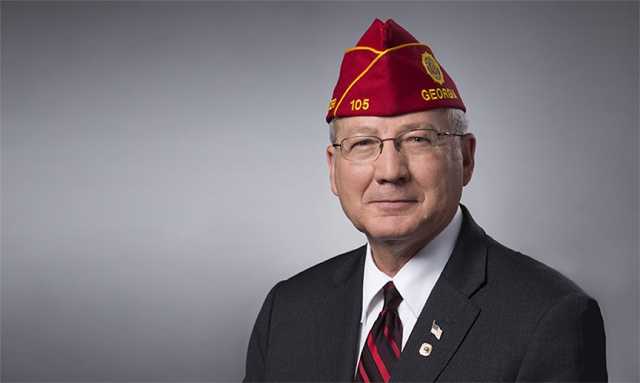
The American Legion recognizes that veterans, in some instances, should be able to seek care from providers outside VA.
The headlines make it so tempting. Story after story of VA officials receiving lavish bonuses, managers manipulating patient wait times, derelict employees not being fired and whistleblowers being punished for simply reporting bad behavior. The Department of Veterans Affairs has earned its fair share of negative media attention the past couple of years, so it’s understandable that many taxpayers want to throw their hands in the air and say “shut ’em all down.”
That reaction, though, is shortsighted and wrong. Veterans suffer a disproportionate amount of traumatic brain injury, post-traumatic stress, limb amputation, Agent Orange-connected illnesses and other signature wounds of war. And despite all its problems, VA provides the best care possible for the unique health needs of veterans.
The American Legion recognizes that veterans, in some instances, should be able to seek care from providers outside VA. If a VA facility is backlogged, unable to provide a particular treatment or too distant from a veteran’s home, we fully support his or her right to be treated elsewhere at government expense. But let’s not fool ourselves that a government “choice” program – or, worse, full privatization – is the answer to veterans’ health-care needs.
“I hear frequently from veterans ... about how difficult the Choice program has been,” Sen. Patty Murray, D-Wash., recently said on the Senate floor. “I hear how frustrating some of the bizarre rules and restrictions are – for example, an authorization of care only lasts 60 days. If you’re a woman veteran and you’re pregnant, you’re going to need more than 60 days of care.”
Even though the Choice program is relatively new, Congress already raided $3.3 billion from its budget last summer to pay for other VA needs. Imagine how easy it would be to cut funding and reimbursement rates in a system built entirely on vouchers. The veteran would be responsible for paying the difference, and it would be his or her credit rating that would suffer if expenses go unpaid. VA does not suffer from a terminal disease. When patients have timely access to VA facilities, they are usually satisfied with their care. This is reflected in a recent poll by the Vet Voice Foundation, in which 64 percent of veterans said they oppose privatization of VA hospitals and services. When asked about VA hospitals in their area, 61 percent had favorable impressions. They added that health care “was a promise for their service.”
The problems that VA faces are not unsolvable, but they do require strong leadership. For starters, the Senate should pass – and President Obama should sign – companion legislation to the VA Accountability Act of 2015, which would make it easier to terminate any VA employee for incompetence or corruption.
VA must be given the resources and authority it needs to serve its expanding patient population. It was not the private sector that sent us to war; it was the U.S. government. Veterans fought for our freedom and deserve the best health care possible.
- Magazine

